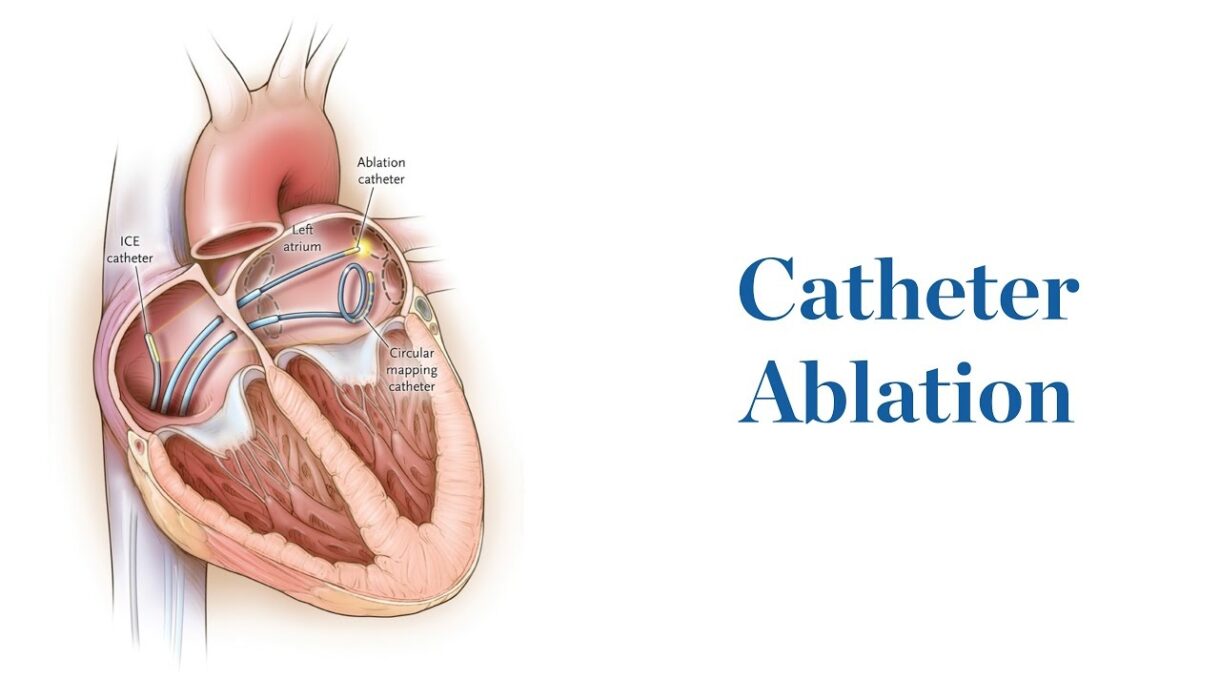Welcome to a comprehensive guide on navigating life after undergoing the catheter ablation procedure. We understand that the journey beyond the procedure itself can be daunting and filled with uncertainties. That’s why we are here to provide you with valuable insights, tips, and guidance on overcoming obstacles and leading a fulfilling life post-catheter ablation.
Understanding Catheter Ablation
Catheter ablation is a medical procedure performed to correct heart rhythm irregularities such as atrial fibrillation. While the procedure aims to restore normal heart rhythm, patients often encounter challenges during the recovery and adaptation phases. Let’s delve into the various aspects of life after catheter ablation.
1. Immediate Post-Procedure Care
After the catheter ablation, it’s crucial to adhere to your medical team’s instructions diligently. This involves keeping the incision area clean, taking prescribed medications, and allowing yourself ample rest. Your heart needs time to heal, and following these guidelines can significantly expedite the recovery process.
2. Managing Discomfort
It’s normal to experience some discomfort or minor pain around the catheter insertion site. Over-the-counter pain relievers recommended by your doctor can provide relief. However, if you notice excessive swelling, bleeding, or severe pain, it’s imperative to reach out to your medical professional promptly.
3. Monitoring Your Heart
Even though the procedure is designed to restore a healthy heart rhythm, it’s important to continue monitoring your heart’s activity. Your doctor might recommend using a heart rate monitor or wearable device to keep track of any irregularities. Regular check-ups and discussions with your healthcare provider will ensure that your heart remains in optimal condition.
4. Lifestyle Adjustments
Embracing a heart-healthy lifestyle can significantly enhance your recovery and overall well-being. Focus on a balanced diet rich in fruits, vegetables, whole grains, and lean proteins. Engage in regular, moderate exercise as approved by your doctor. Avoid excessive caffeine and alcohol consumption, as these can potentially trigger heart palpitations.
5. Managing Stress
Stress management is paramount in maintaining a healthy heart rhythm. Practice relaxation techniques such as deep breathing, meditation, or yoga. Engaging in activities you enjoy and spending time with loved ones can also alleviate stress.
6. Medication Adherence
In some cases, your doctor may prescribe medications to manage heart rhythm and prevent blood clots. It’s essential to take these medications exactly as prescribed and attend follow-up appointments to monitor their effectiveness.
7. Recognizing Warning Signs
Educating yourself about potential warning signs is vital. If you experience dizziness, severe fatigue, chest pain, or fainting spells, seek medical attention immediately. These symptoms could indicate complications that require prompt evaluation.
8. Emotional Well-being
Adjusting to life after catheter ablation might pose emotional challenges as well. It’s normal to feel anxious or overwhelmed. Don’t hesitate to reach out to support groups, therapists, or counselors who can provide guidance in coping with these emotions.
9. Long-Term Follow-up
While your initial recovery is important, long-term follow-up is equally crucial. Regular appointments with your cardiologist will help monitor your heart’s progress and address any concerns that may arise over time.
10. Enjoying Life
Above all, remember that life after catheter ablation can be vibrant and fulfilling. With proper care, adjustments, and a positive mindset, you can engage in activities you love, travel, and enjoy a high quality of life.
